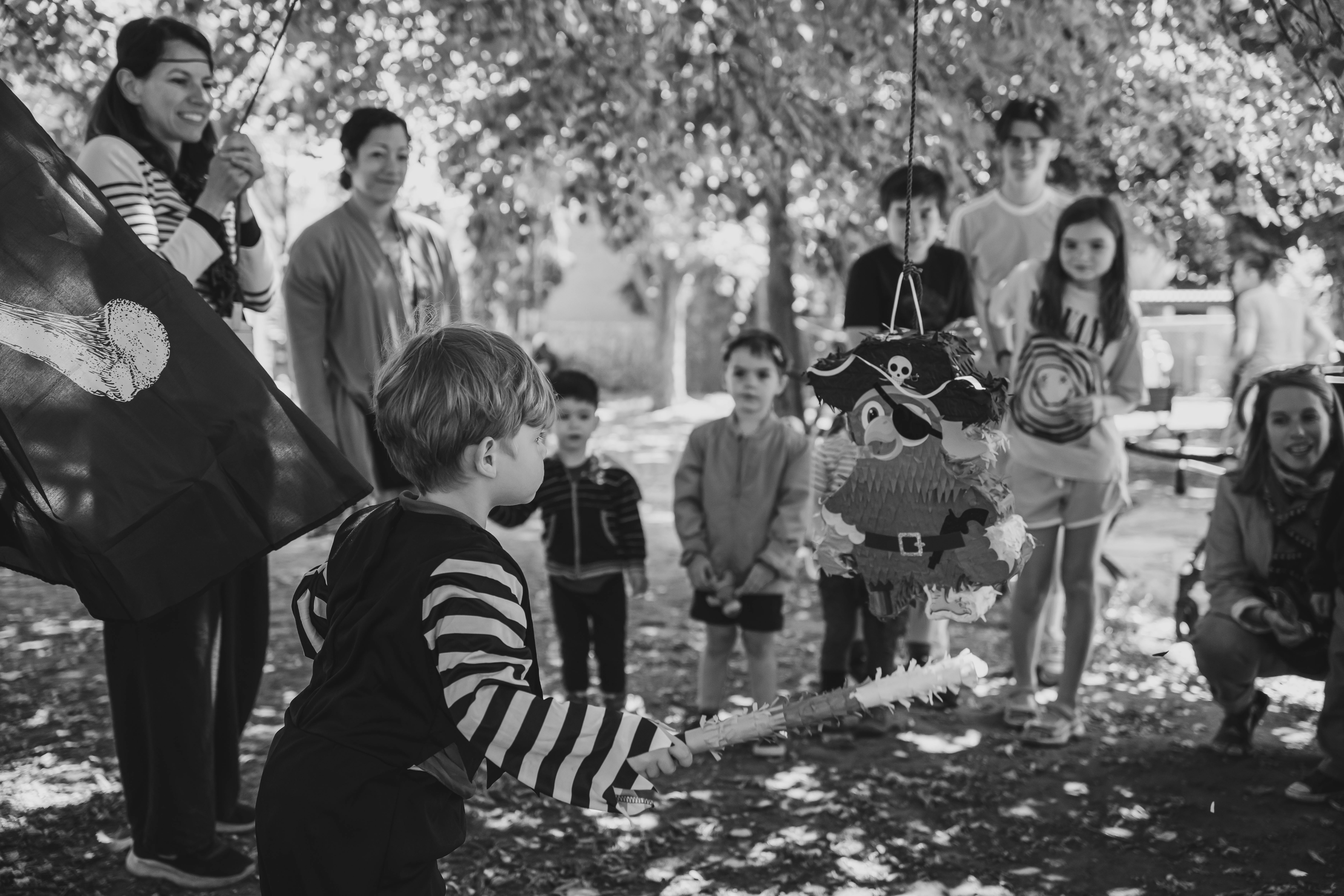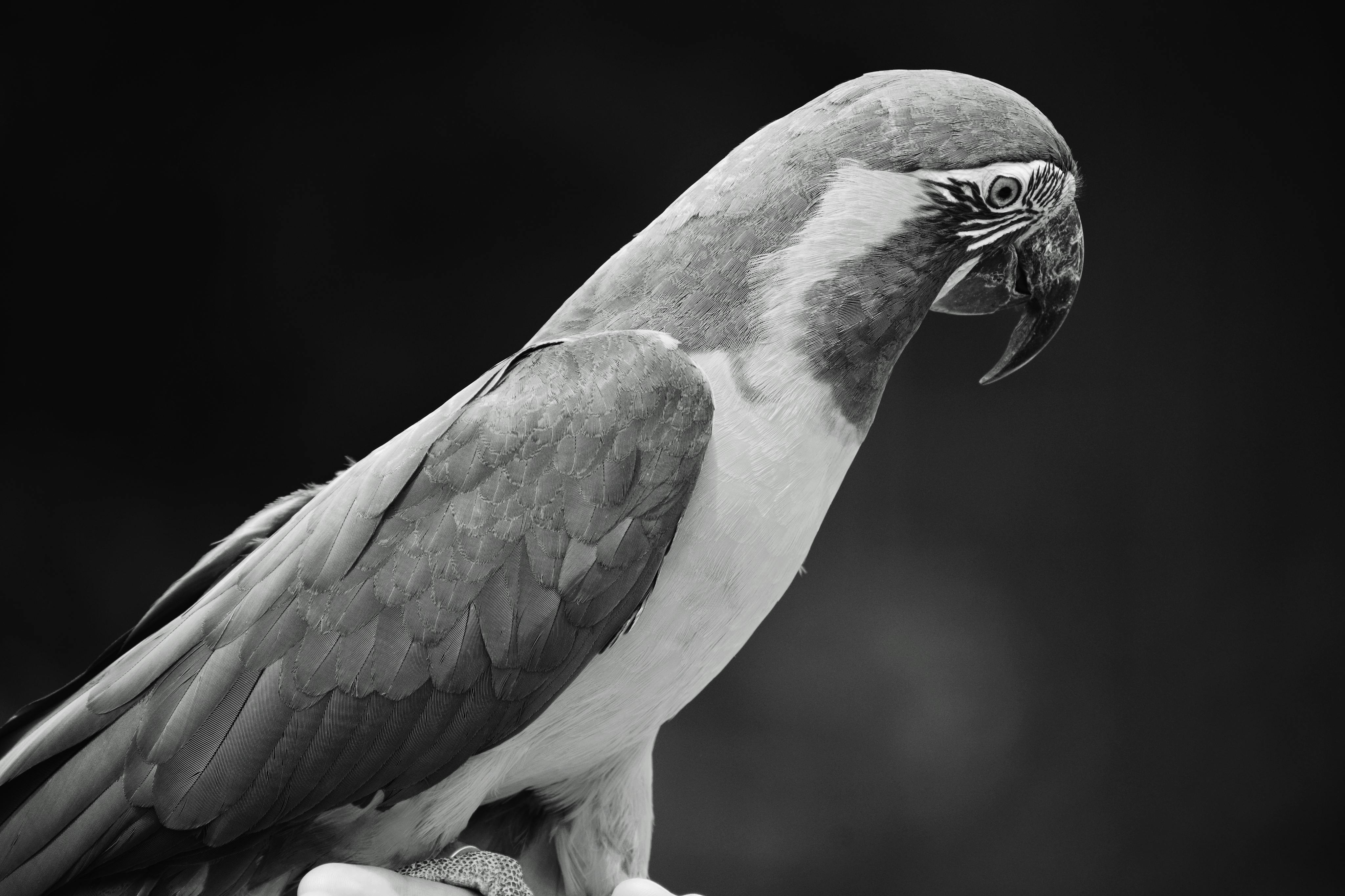Smart Ways to Train Your Black Parrot for Better Communication in 2025
Training your black parrot for better communication can transform your bond with this intelligent and social bird. Known for their striking black feathers and engaging personalities, black parrots, as well as other parrot species, can learn to vocalize and interact with their owners, making them a joy to have as a pet. Effective training methods enhance both your pet’s welfare and your ability to understand their unique behavioral cues, setting the stage for a harmonious living environment.
In this article, we’ll delve into smart techniques specifically tailored for training black parrots, including effective communication strategies, the importance of socialization, and the right toys and accessories that can facilitate learning. You’ll also discover valuable insights into their dietary needs, enrichment activities that encourage cognitive development, and tips for maintaining overall parrot health.
Moreover, we’ll explore the significance of proper bird care and the crucial role it plays in fostering an inquisitive and responsive pet. So, whether you’re just beginning your journey with a black parrot or are looking to refine your training skills, this comprehensive guide will provide practical advice and expert recommendations to help you achieve better communication with your feathered friend.
Key takeaways include effective training methodologies, diet recommendations, and the enriching role of social interactions, all vital for the happy and healthy life of your black parrot.
Essential Techniques for Training Your Black Parrot
Understanding Black Parrot Behavior
To effectively train your black parrot, it’s crucial to understand their behaviors and communication styles. Black parrots are naturally expressive and possess complex emotional capacities, making it important for owners to observe their body language and vocalizations closely. For instance, head tilting and fluffing of feathers indicate curiosity and comfort, while a tucked-in body may suggest fear or discomfort. Recognizing these cues will enhance your training sessions, allowing for a tailored approach that respects your parrot’s feelings.
Implementing Positive Reinforcement
Using positive reinforcement is one of the most effective training techniques for black parrots. Rewarding desirable behavior with treats, attention, or toys encourages them to repeat that behavior. Start simple by teaching basic commands like “step up” or “come” and gradually introduce more complex tasks. Consistency is key; use the same commands and rewards to help your parrot associate actions with positive outcomes.
Utilizing Engaging Bird Toys
Incorporating stimulating bird toys into training can significantly enhance your black parrot’s learning process. Toys that require problem-solving skills or mimic the actions they need to perform during training are particularly beneficial. For example, puzzle feeders can encourage foraging behavior while reinforcing positive learning experiences. Look for toys designed specifically for parrot enrichment to keep your feathered friend engaged.
Establishing a Training Routine
Establishing a consistent training routine helps your black parrot anticipate training sessions, making them more receptive to learning. Schedule short sessions, ideally around 10-15 minutes per day, and ensure they are free from distractions. Regular practice will help reinforce learning while also deepening the bond between you and your parrot.
Monitoring Progress and Adjusting Techniques
Tracking your black parrot’s progress is essential to understanding what works best for them. Keep a journal of their reactions to particular techniques and rewards. If a method isn’t yielding results, don’t hesitate to adjust your approach. Black parrots are intelligent creatures, and they respond best when they find the training engaging and rewarding.
Creating an Enriching Environment for Better Communication
Understanding the Importance of Socialization
Socializing your black parrot is vital for its emotional and cognitive development. Parrots are inherently social creatures that thrive on interaction. Regularly engaging with your parrot through play and conversation will promote a secure attachment and make them more inclined to communicate. This socialization helps them develop confidence and reduces the likelihood of behavioral issues.
Choosing the Right Diet for Cognitive Health
A balanced diet is instrumental in supporting your black parrot’s overall health and cognitive functions. Offering a variety of fruits, vegetables, and high-quality pellets will provide essential nutrients. Additionally, including nuts and seeds in moderation can make training sessions more appealing. Understanding your parrot’s dietary requirements and ensuring a nutritious diet lays the foundation for a sharper, more engaged pet.
Incorporating Cognitive Enrichment Activities
Cognitive enrichment activities such as puzzle toys or training games can stimulate your black parrot’s mind and enhance their communication skills. Activities that encourage them to think critically not only serve as excellent training tools but also prevent boredom, which is crucial for their mental health. For instance, hide treats within foraging toys to reinforce natural behaviors while stimulating their problem-solving skills.
Building a Safe and Stimulating Habitat
The environment where your black parrot lives significantly impacts its well-being. Ensure their habitat is spacious and furnished with perches of varying heights, ample toys, and space to fly and explore. Incorporating natural elements can recreate a tropical bird setting that promotes happiness and reduces stress. Providing a safe haven where your black parrot can express itself leads to better overall communication.
Regular Health Check-ups with an Avian Vet
Routine visits to an avian vet are crucial for monitoring your black parrot’s health and preventing potential issues that could affect their ability to communicate. An avian vet can identify any health concerns early on, provide dietary recommendations, and verify that your bird’s social needs are being met. Optimal health is vital for a black parrot to exhibit its full personality and charm.
Common Challenges in Black Parrot Training
Addressing Behavioral Issues
Understanding and addressing common behavioral issues is important for effective training. Black parrots, like all parrots, may exhibit behaviors such as biting or excessive screaming if their needs are not adequately met. Strategies to mitigate these behaviors include ensuring ample social interaction, providing stimulating activities, and remaining patient during the training process. Remember, challenging behaviors often signal unmet needs.
Combating Fear and Anxiety
Fear and anxiety in black parrots can hinder communication and make training difficult. Identifying stressors in their environment—such as loud noises or unfamiliar visitors—can help you create a secure space. Employ gradual desensitization techniques to ease your parrot into new experiences, rewarding them for brave behaviors along the way.
Managing Time and Commitment
Lastly, managing time is vital in training your black parrot. Many owners may underestimate the time commitment required for training and socialization. Devoting daily time to practice commands, engage in social activities, and monitor their well-being fosters a trusting relationship and encourages effective communication in your pet bird.
Expert Tips for Successful Black Parrot Training
Establishing Trust Through Interaction
Building trust with your black parrot can lead to better communication and responsiveness. Taking the time to interact with your parrot outside of training sessions fosters a strong bond. Frequent gentle handling, voice tones, and offering treats when they display curious behavior all contribute to a trusting relationship. A parrot that trusts its owner is more likely to engage and thrive in training environments.
Understanding Parrot Emotions and Body Language
Being attuned to your black parrot’s emotions and body language can enhance your communication quality. Pay attention to tail movements, eye pinning, and vocalizations that signify excitement or distress. Being able to interpret these signals helps you respond appropriately, adjusting training sessions to better meet their emotional state.
Integrating Family Members into Training
Integrating family members into your black parrot’s training regime not only fosters socialization but also makes the experience enjoyable. Involving different people in training sessions provides diverse vocalizations and interactions for your parrot. This inclusive approach will promote a well-adjusted pet that socializes better within the household.
Q&A: Common Questions About Training Black Parrots
How can I start training my black parrot?
Begin by establishing trust through gentle interaction. Use positive reinforcement for basic commands like “step up,” and gradually introduce more complex tasks. Consistency in commands and rewards will help your parrot learn effectively.
What diet is best for enhancing my black parrot’s cognitive functions?
Provide a balanced diet rich in fruits, vegetables, and high-quality pellets. Including nuts and seeds serves as both nutrition and training rewards, stimulating your black parrot’s cognitive development.
How important is socialization for black parrots?
Socialization is crucial for emotional well-being and reducing behavioral issues. Regular interaction with both humans and other birds enhances your parrot’s communicative abilities and fosters a happy disposition.
What are some common behavioral issues in black parrots?
Common issues include biting, screaming, or stress-related behaviors. Understanding the root causes and utilizing effective training techniques can mitigate these challenges and improve communication.
How often should I take my black parrot to the vet?
Routine check-ups with an avian vet should occur at least once a year. Monitoring their health can prevent issues that affect their behavior and communication capabilities.
By utilizing these smart techniques tailored for your black parrot, you can greatly enhance their communication abilities, ensuring a fulfilling relationship that thrives through understanding and care.

The journey of training and caring for your black parrot is one filled with joy and bonding moments. With the right techniques and dedicated attention, your feathered friend can become a source of companionship and entertainment in your home.

For more information on pet bird care and training techniques, feel free to explore additional resources at [Animal Wing](https://animalwing.com/?p=845) and [our bird care blog](https://animalwing.com/?p=840).
